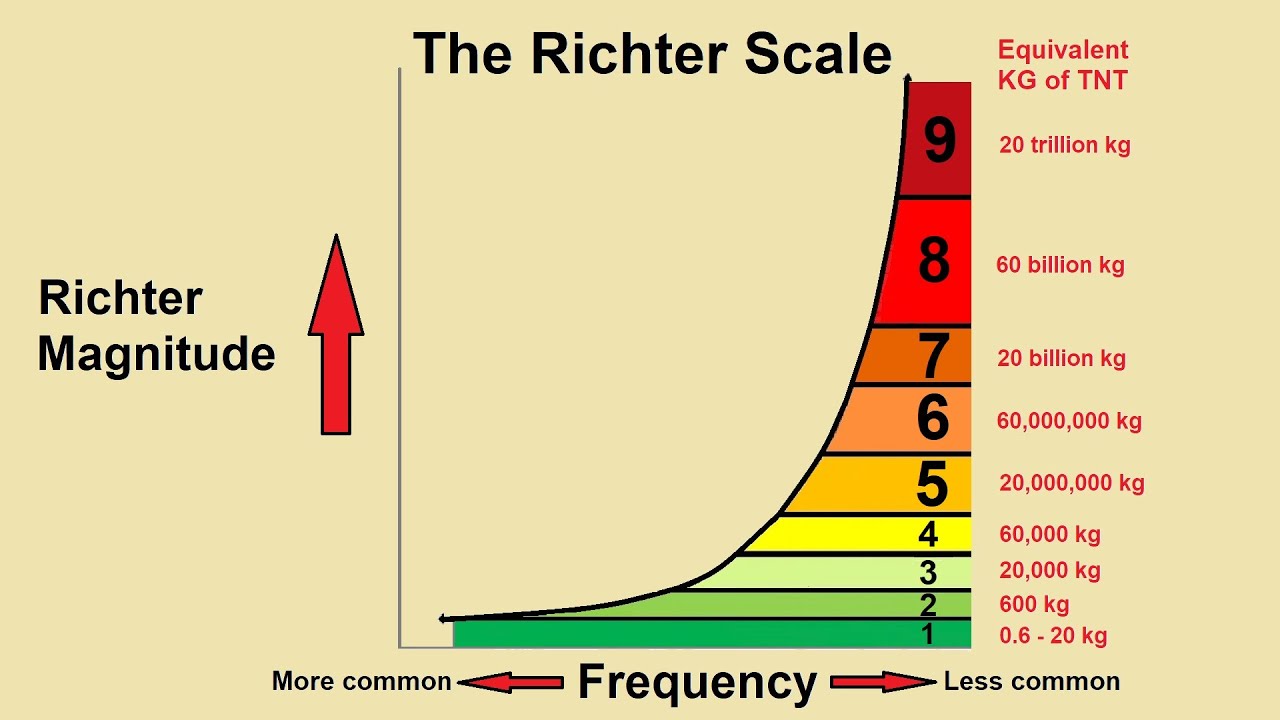just me
Well-known member
- MBTI
- infj
A man was testifying in court, and in cross-examining the lawyer asked them if it was true they had been to a psychiatrist in the past year. His words automatically became useless.
I think words can kill. I feel we should exhaust every other possibility before giving up and saying someone is mentally ill. They are people, too. We are people, too.
Yes, and it can affect your future negatively.It is sad that it is the stigma of the words mental illness prevent people from seeking help.
You have hit a lot of this right on the head. Years before most of you were born, there were uncles and aunts, older friends, preachers, grandparents, and such that would offer to take you fishing. My cousin did this for me. We talked a lot on an island during a weekend. He told me to just change the channel. Here we are thirty some years later and I still remember how he repeated that over and over. He pointed to the healthy things in life. He said to just think about something else. Where we were at, it would be so easy to adjust. I may have to forgot about where I am and what I am doing, but I learned to change the channel. Why dwell on the ugly, when one can experience life in the outdoors?I prefer to think about mental health rather than mental illness, because it emphasises that there is a spectrum of possibilities, just as there is for physical health. For example, I haven't got too much exercise during the lockdowns and I'm a bit unfit, so to that extent I'm not completely healthy, but I'm not ill. I think it's the same with mental health - there are a range of states I can be in that are not completely healthy, but I'm not ill.
I think words can kill. I feel we should exhaust every other possibility before giving up and saying someone is mentally ill. They are people, too. We are people, too.

